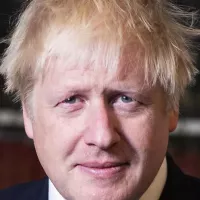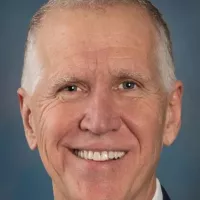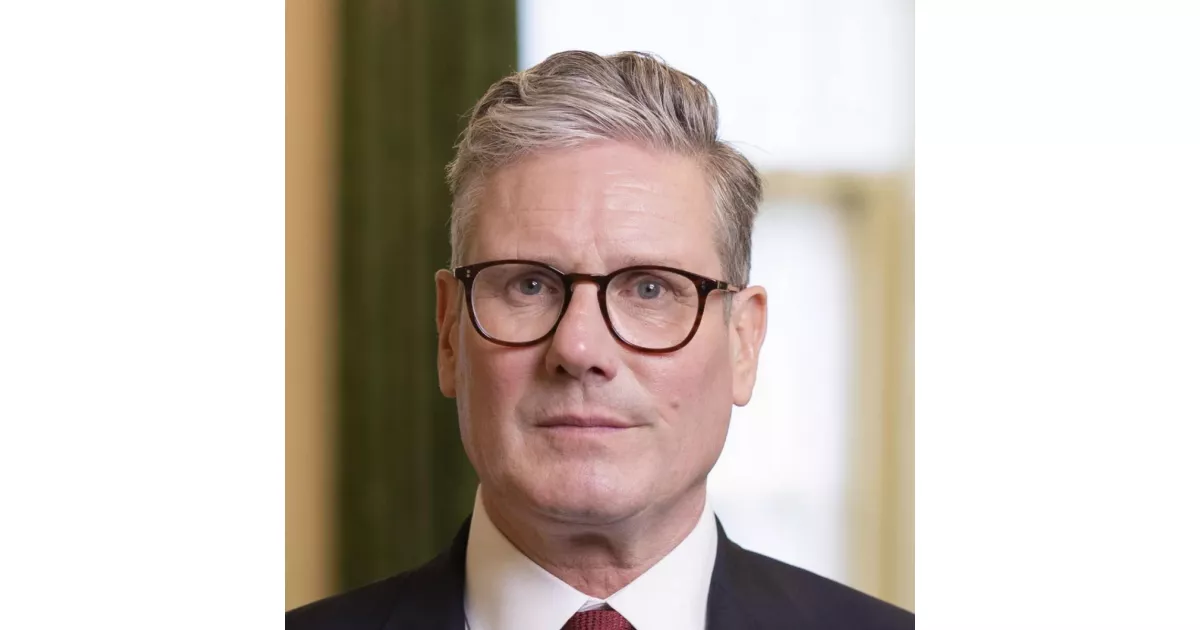Resilience and perseverance in the journey of Keir Starmer. A timeline of obstacles and growth.
Keir Starmer is a British politician and lawyer, currently serving as Prime Minister of the United Kingdom since 2024. He has led the Labour Party since 2020 and was previously the Leader of the Opposition. Starmer has been the Member of Parliament for Holborn and St Pancras since 2015. Before entering politics, he was the Director of Public Prosecutions from 2008 to 2013, giving him a strong legal background prior to his political career.
2011: Prioritization of Rapid Prosecutions during England Riots
In 2011, Keir Starmer prioritized rapid prosecutions of rioters over long sentences during the England riots, concluding that this approach helped restore control over the situation.
2013: Starmer declines to abolish the two-child benefit cap introduced in 2013
In 2013, Starmer declined to abolish the two-child benefit cap introduced by the Cameron–Clegg coalition government, citing financial reasons.
June 2016: Resignation from Shadow Cabinet
In June 2016, Keir Starmer resigned from his role as Shadow Home Office Minister as part of widespread Shadow Cabinet resignations in protest at Jeremy Corbyn's leadership after the 2016 EU Referendum result.
December 2019: Starmer received gifts
Since December 2019, Sky News reported that Starmer had received £107,145 in gifts, benefits, and hospitality since December 2019, which was two-and-a-half times more than any other MP.
2019: Defeat at General Election
Following the Labour party's defeat at the 2019 general election, Corbyn announced he would not lead the party at the next election. Starmer began distancing himself from Corbyn's leadership.
2021: Consideration of Resignation After Local Election Results
In 2021, Keir Starmer considered resigning after Labour's mixed results in the local elections, but ultimately decided to stay on and "double down" on his efforts to change the Labour Party.
2021: Hartlepool By-Election Loss
In 2021, Keir Starmer's party suffered the loss of a previously safe Labour seat at the Hartlepool by-election, followed by holds at the Batley and Spen by-election.
May 2022: Pledge to Resign Amid "Beergate" Controversy
In May 2022, Keir Starmer pledged to resign if he received a fixed penalty notice for breaching COVID-19 regulations during campaigning, in an event dubbed "beergate".
July 2022: Vote of No Confidence in the Government
Amidst the historic number of ministers resigning from Boris Johnson's government in July 2022, Keir Starmer proposed a vote of no confidence in the Government and criticized Johnson, Liz Truss, and Rishi Sunak on various issues including the Chris Pincher scandal, economic crises, cost of living crisis, and industrial disputes.
October 2023: Comments on the Hamas attack on Israel
In October 2023, Starmer said Israel had the "right to defend" itself and suggested Israel had the right to cut off power and water from the Gaza Strip, but added "everything should be done within international law". This sparked significant controversy within his party.
July 2024: First Prime Minister's Questions
In July 2024, Keir Starmer's first acts as prime minister included declaring the Rwanda asylum plan "dead," tasking Yvette Cooper with establishing a Border Security Command, touring the UK, meeting various leaders and regional mayors, establishing the Council of the Nations and Regions, and attending his first Prime Minister's Questions in parliament on July 24th, 2024.
July 2024: Labour MPs suspended for voting to scrap two-child benefit cap
On July 23rd, 2024, Labour withdrew the whip from seven of its MPs who had supported an amendment to scrap the two-child benefit cap. Starmer also launched a Child Poverty Taskforce.
September 2024: Criticism for accepting gifts from Labour donors
In September 2024, Starmer and fellow senior government ministers faced criticism for accepting gifts from Labour donors. Starmer also faced accusations of breaking parliamentary rules by not declaring £5,000 worth of clothes bought for his wife by Labour donor Lord Alli.
November 2024: Netanyahu to be arrested if he travels to the UK
In November 2024, Starmer's government stated that Netanyahu would be arrested if he travels to the UK, after the International Criminal Court issued an international arrest warrant for him for alleged war crimes.
2024: Drop in Party Membership and Reasons Attributed
During Keir Starmer's tenure as leader, Labour saw a drop in party membership from a peak of 532,000 after the 2019 election to 370,450 in the runup to the 2024 election. More than 20,000 members left the party within two months in 2024, with blame placed on the party's stance on the Gazan genocide and green investment.
2024: Response to Southport stabbing and subsequent riots
In 2024, following the Southport stabbing, Keir Starmer described the incident as horrendous and shocking. He visited Southport and laid flowers at the scene. Amidst the riots across England and Northern Ireland following the stabbing, Starmer stated that rioters would feel the full force of the law.
March 2025: Plan to abolish NHS England announced
In March 2025, Keir Starmer and Health Secretary Wes Streeting announced a two-year plan to abolish NHS England to reduce bureaucracy and increase funding for more effective purposes within the service.
May 2025: Condemnation of Israel's offensive against Gaza
In May 2025, Starmer issued a joint statement condemning Israel's renewed offensive against Gaza, calling for an immediate halt to military operations and the allowance of humanitarian aid. He condemned Israel's plan to ethnically cleanse the Gaza Strip as "abhorrent".
2025: Starmer outlines immigration changes
In 2025, Keir Starmer described the UK as becoming an "island of strangers" due to immigration, which he said had done "incalculable damage" to society. The whitepaper outlined changes aimed at reducing immigration, including training for people in the UK.
Mentioned in this timeline
Ukraine is a country in Eastern Europe the second-largest on...

Boris Johnson a British politician and writer served as Prime...
Iraq officially the Republic of Iraq is a West Asian...
Hamas is a Sunni Islamist Palestinian nationalist political organization with...

Rishi Sunak is a British politician who served as Prime...

Jimmy Savile was a British media personality and DJ famous...
Trending

18 minutes ago NFL teams scout Maxx Crosby; Lions pursue a 'mega-deal' amid trade rumors.

18 minutes ago Lamar Odom claims he experienced the afterlife after 2015 overdose in Netflix Untold.

18 minutes ago Christina Applegate Details Breakup with Brad Pitt, Dating Sebastian Bach

19 minutes ago Maisy Stella and Tatum Grace Hopkins Cast in 'Life is Strange' TV Series.

1 hour ago North Carolina Early Voting Surges Before 2024 Primary Elections, Featuring Thom Tillis

1 hour ago Jurickson Profar Suspended 162 Games by MLB for Second PED Violation.
Popular

Jesse Jackson is an American civil rights activist politician and...

Hillary Diane Rodham Clinton is a prominent American politician lawyer...

Jim Carrey is a Canadian-American actor and comedian celebrated for...

Ken Paxton is an American politician and lawyer serving as...

XXXTentacion born Jahseh Dwayne Ricardo Onfroy was a controversial yet...

Bill Clinton served as the nd U S President from...
